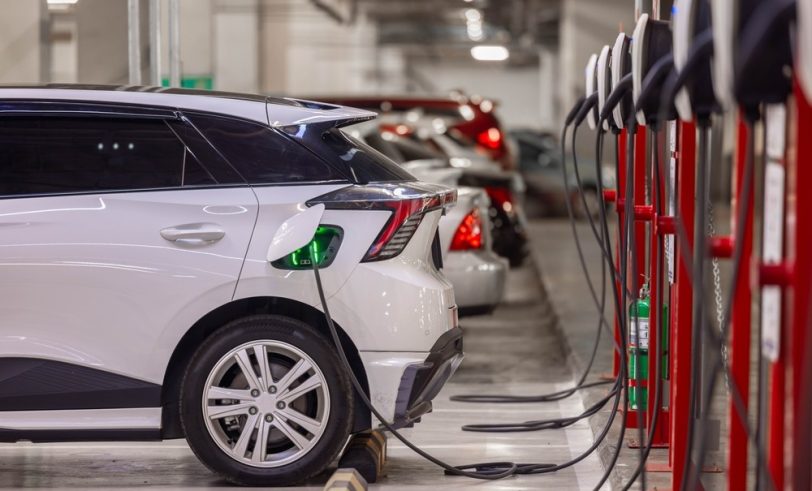We all know that governments—especially the federal government—are wasteful, but it seems to be getting worse, not better. Do you remember when the Department of Defense spent half a billion dollars to create a pro-American army in Syria and trained about 5 new soldiers for it? Not 5 percent. Not 55. Just 5.
The federal government has spent billions on internet expansion and hasn’t connected a single new home. California has increased its high-speed rail budget from $33 billion to $135 billion and still hasn’t laid down any track fifteen years after the program began. It’s insanity.
Another huge federal program with local implications that has failed miserably is the program to install thousands of electric vehicle chargers across the nation. $7.5 billion was appropriated toward this goal in 2021 as part of the bloated stimulus package, and by the end of 2023, zero chargers had been installed.
2024 has witnessed the installation of a few new chargers. As of this summer, the program is up to eight. All of this for something the private sector could provide. But if you leave it to the private sector, they might not install chargers exactly how the federal government wants them to, and that’s (apparently) the problem. The federal rules are so unnecessarily yet intentionally complex that they are the cause of the delays. As Reason magazine writes:
Why so little progress? Alexander Laska of the center-left Third Way think tank told Autoweek’s Jim Motavalli that the federal cash “comes with dozens of rules and requirements around everything from reliability to interoperability, to where stations can be located, to what certifications the workers installing the chargers need to have.”
Who cares what certifications the workers have as long as the chargers work? And who cares where they are located as long as they are located somewhere a car can get to? The federal government cares, of course, because the complexity of the rules is exactly what gives bureaucrats their power and allows officials to reward supporters.
EV charging mandates, subsidies, and regulations, are all unnecessary. Where there is a demand for chargers, the private sector will supply them. This is no more complex than the gas stations that have been filling up cars for over a hundred years. (Did you know that the first gas station in America was in St. Louis? I didn’t.)
$7.5 billion for eight EV chargers in three years. So typical.



